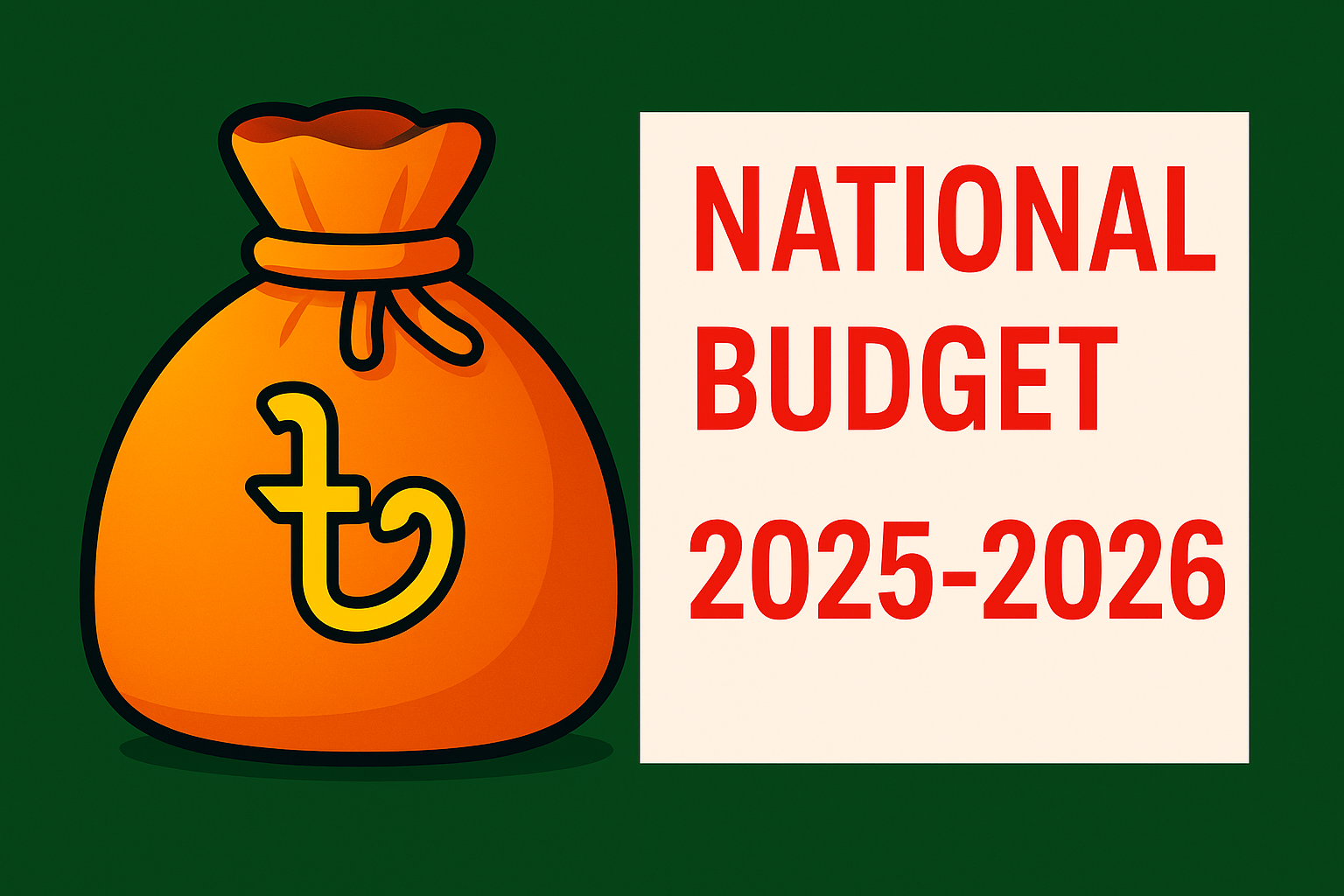Major trade bodies, alongside accounting professionals, have warned that several measures proposed in the budget will increase business costs at a challenging time, potentially leading to slower investments and reduced employment.
The apex trade body, the Federation of Bangladesh Chambers of Commerce and Industry (FBCCI), in its post-budget reaction on Wednesday, urged the government to reconsider the proposal to raise the turnover tax from 0.6% to 1%, stating that it would increase the effective tax burden.
Turnover tax is levied on all businesses regardless of profitability at the end of the year and disproportionately affects companies struggling to generate profits, as the tax is considered a minimum threshold.
Although the proposed budget allows businesses to adjust excess taxes once they become profitable enough to pay regular income tax, many struggling companies end up paying significantly more in turnover tax than they would under standard income taxation, businessmen said.
In addition, the FBCCI stated that raising corporate tax for non-listed, cashless firms from 25% to 27.5% would further strain such businesses.
While the FBCCI appreciated the government’s conservative stance to limit the budget deficit to 3.6% of GDP, it also expressed concern that the target of borrowing Tk1.25 lakh crore from internal sources could lead to excessive government borrowing from the banking sector, depriving the private sector of necessary funds and thus hurting investment and job creation.
To ensure adequate funding for the private sector, businesses advised the government to seek low-cost foreign funds with caution.
According to the FBCCI, excessive government borrowing from the banking system drives interest rates higher. Businesses have been suffering from rising financing costs for the third consecutive year, especially during a period of slow sales and rising operational expenses.
The proposed reduction of advance tax from 3% to 2% on imports of industrial raw materials would benefit local industries. However, the increase from 5% to 7.5% for commercial importers would raise their costs.
The FBCCI also noted that proposed VAT hikes on construction firms, self-copy paper and duplex board manufacturers, and plastic product makers would adversely affect those industries.
Yarn manufacturers will also be negatively impacted by the increase in specific tax at the production stage from 3% to 5%. Bangladesh Textile Mills Association President Showkat Aziz Russel opposed the decision, noting that the sector is already under strain, despite being a crucial backbone of the country’s apparel exports.
The proposed 20% increase in specific tax on steel rod manufacturers could worsen the current construction slowdown, which has already reduced annual national steel demand to nearly 4.5 million tonnes from over 5.7 million tonnes three years ago.
As part of tariff rationalisation aimed at future trade negotiations, proposed import duty cuts on a large number of products may offer relief to consumers but could negatively impact local producers in certain cases.
In its budget reaction, the Institute of Chartered Accountants of Bangladesh (ICAB) urged the government not to raise the turnover tax, with President Maria Howlader stating at a press briefing on Wednesday that “only profits should be taxed.”
The professional accountants’ body also recommended against increasing value-added tax on commercial imports and online sales margins. It further requested that the proposed hike in source tax on income from securities be reconsidered.
The associations, however, praised the government’s move to extend the tenure of incentives for emerging industries and to introduce new incentives for local manufacturing of green vehicles and the development of modern hospitals.


